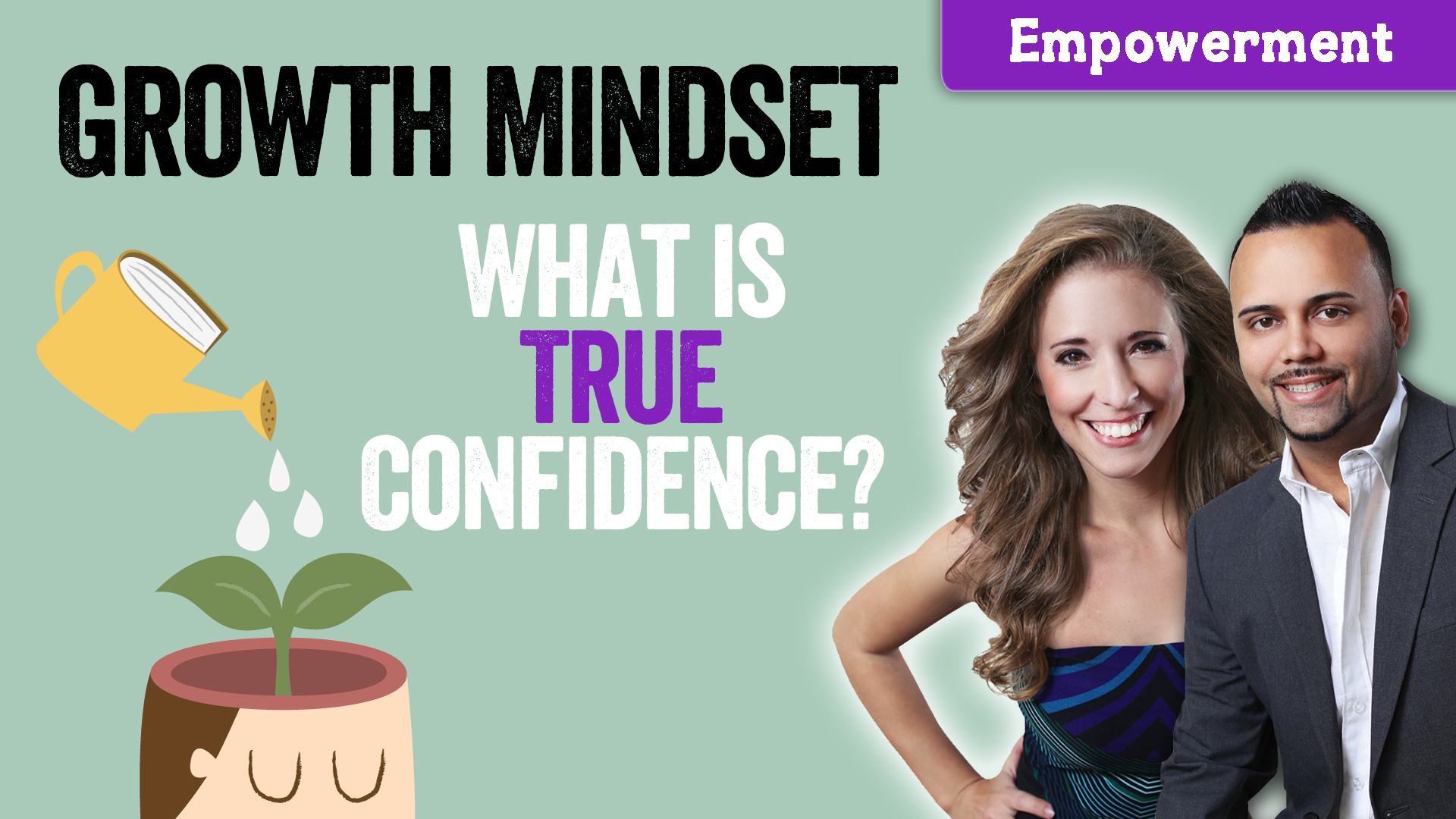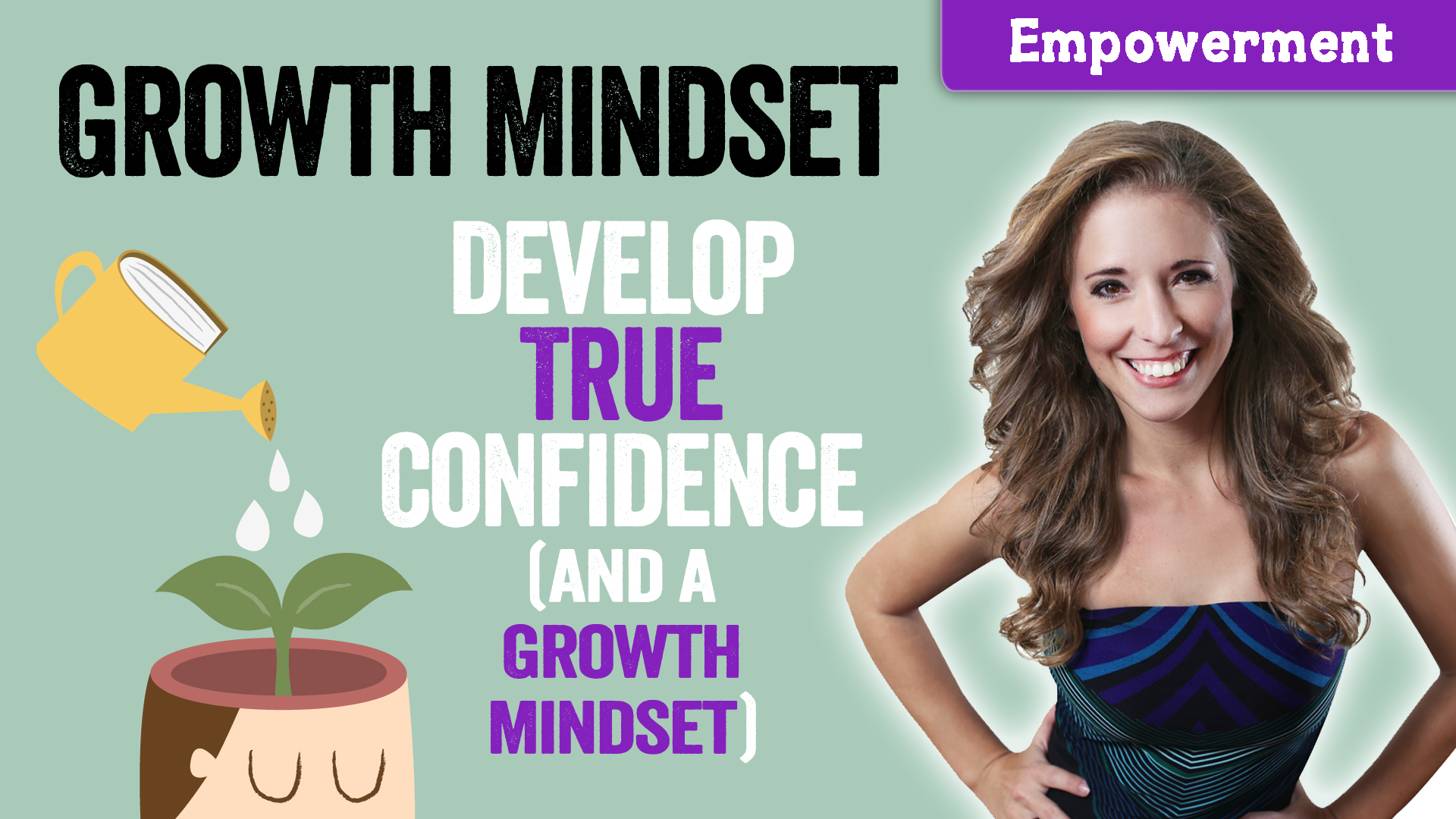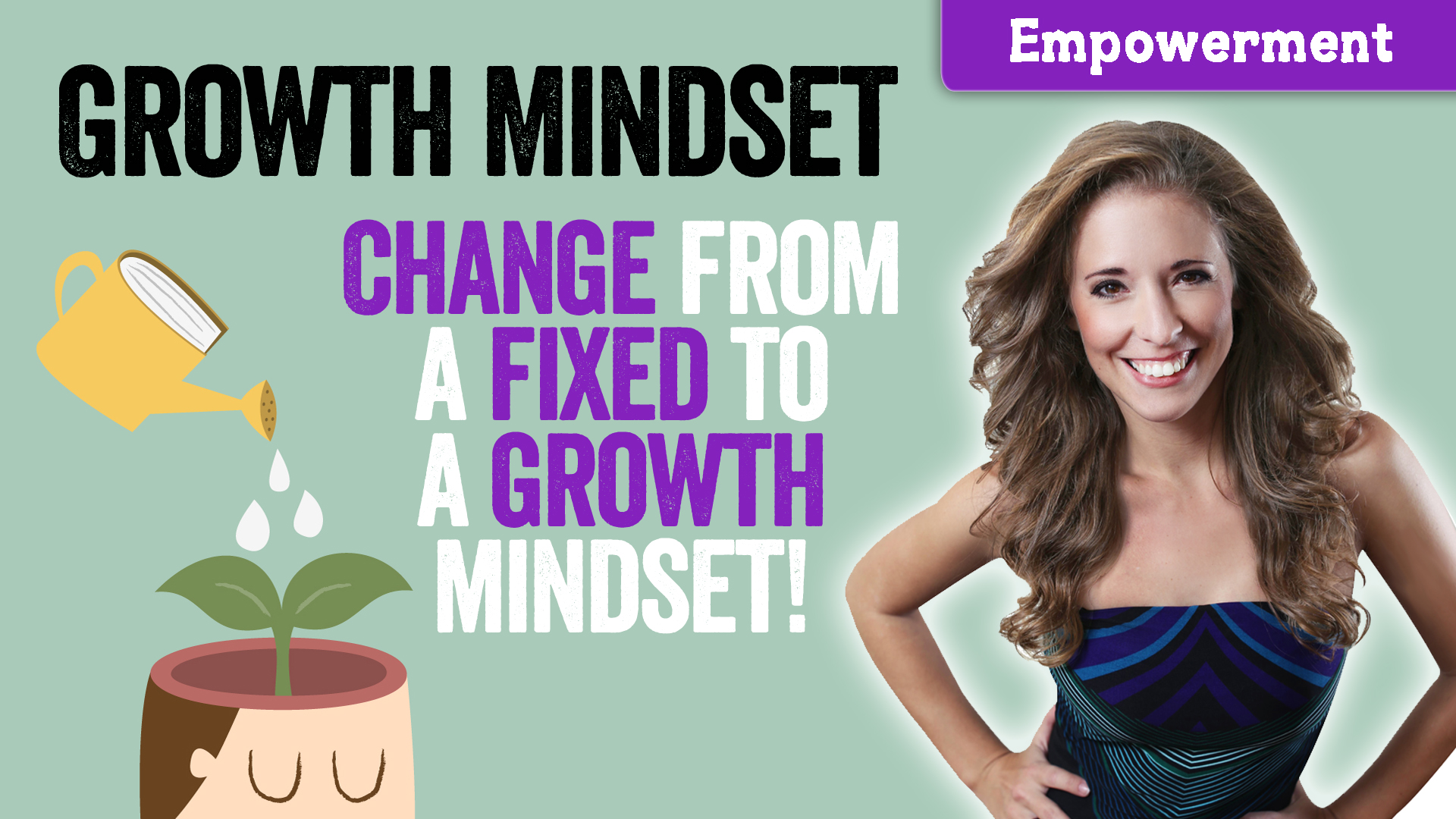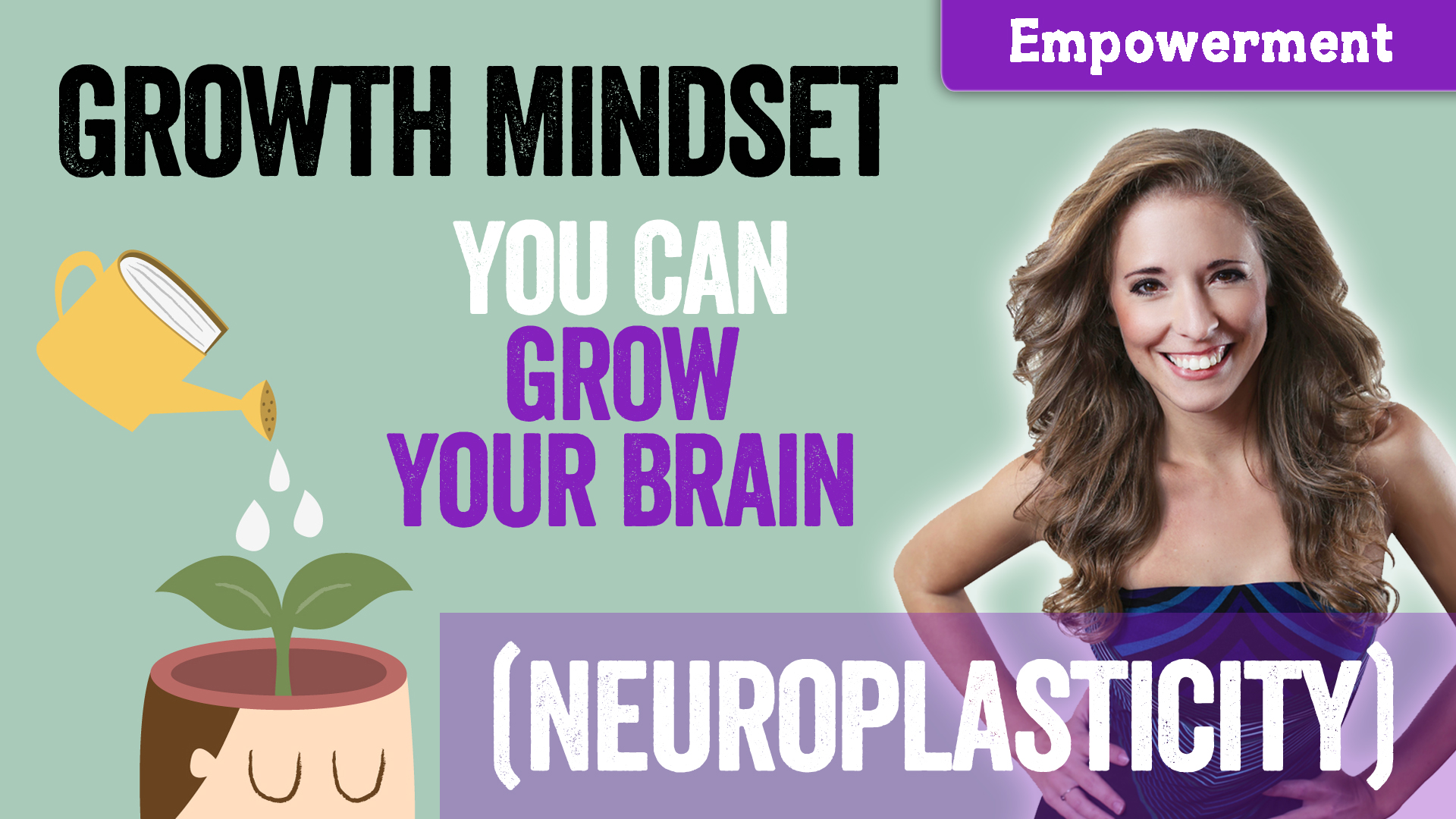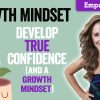What is TRUE Confidence?
 Developing TRUE Confidence (and What Confidence is Not)
Developing TRUE Confidence (and What Confidence is Not)
What is the first thing that comes to mind when I ask you what confidence is? For most people, what comes to mind is feeling confident. For others, they think of confidence as a personality trait, a belief in their abilities, or self-esteem. But none of these are what confidence truly is.
Confidence is not a feeling. The truth is that feelings like nervousness, anxiety, apprehension, and fear are totally normal. Confident people still feel these things, yet they’re confident.
Confidence is not a personality trait. Many people interpret extroverted people, who are outgoing and like the spotlight, as being confident and they judge introverted people, who are more quiet, reserved, and to themselves, as not being confident. But, the truth is that there are many seemingly outgoing people who have very low levels of confidence and many reserved people with extremely high levels of confidence.
Confidence is not a belief in your abilities. Believing you are good at something is competency, not confidence. You can be confident that you are good at something, but you can also be confident that you are bad at something. The definition of confidence can be that it is our level of certainty. You can be confident that you’re a terrible speaker. You’re pretty certain you’re right. And, so confidence in this sense is NOT a good thing. This type of confidence or certainty magnifies whatever we tell ourselves. It’s referred to as self-validation because we tend to act on what we are certain about, causing the outcome we expected and validating our belief.
But this is not helpful. This is not the confidence we want. And, so we need a better definition of confidence.
And, so lastly, confidence is not self-esteem, which is really just self-judgment. The self-esteem movement has existed for decades and encourages people to “think positive” about themselves. But, while it may make you feel good about yourself in the moment, it doesn’t lead to real confidence. In fact, the need to feel good about yourself can actually lower your confidence because growth and success often require you to do new things, that you’re bad at and are uncomfortable with, therefore leading to a negative self-judgment. And so, seeking feeling good all the time can hold you back.
If your self-confidence is improved by successes and diminished by failures, you’re talking about self esteem, not confidence. In this case, one way to boost your self-esteem is by being better than others, which usually means acting confident, or arrogant, and constantly competing. The only other way to win is to lower your standards and make your goals easier to accomplish. You win more, and so feel better about yourself. But, in the end you lose.
You lose because your ego is big but your self-esteem is vulnerable. If you build your self-esteem around your looks and you age, your self-worth plummets. If you build it around being smart and you find yourself around smarter people, you’ll shrink back. In fact, you’ll probably surround yourself with less smart people just to boost your own ego. If you build your self-esteem around being right, which is extremely common, you will harm your relationships. You’ll battle with someone you love to win, and end up losing trust and love. Plus, you’ll battle for bad ideas, just because they’re yours, robbing yourself and others of greatness.
So, what SHOULD you build your self-esteem around? Your ability to learn. You’re ability to be resourceful. The goal is to develop an identity of someone that can grow, change, learn, and figure it out. If you can do those things, you cannot fail and your belief in yourself is no longer vulnerable.
So, confidence is not just a feeling, although you will feel confident. It is not a fixed trait. And it’s not simply a belief in yourself or self-esteem, although that is part of it.
So, what is it?
Confidence is a skill—one that can be developed and strengthened like a muscle.
Confidence is the WILLINGNESS TO TRY combined with TRUST THAT YOU WILL FIGURE IT OUT.
A willingness try means a willingness to act, even in the face of fear or uncertainty.
And trust doesn’t mean that you trust you won’t fail, it means that you trust that if you do fail, you’ll learn from it and continue to try until you figure it out.
When you define confidence based on action, it allows you to develop competency. And competency increases confidence. This is called the Confidence-Competency Loop.
Step 1—Try: Once your client has identified what they want, the next step is to identify what can be done, which one way or another is a form of action. This action in most cases is in the direction of getting better at something, which is competency.
Step 2—Learn: Your client either succeeds or receives valuable insight, and either way they learn.
Step 3—Competency: They apply what they learn to improve their abilities and skills, which builds competency.
Then, not only do you have higher self-esteem because your competency is better, you have TRUE confidence because you know that no matter where you are now, your willingness to try is what unlocks your future potential.
________________________________
Ready to dive deeper into developing TRUE CONFIDENCE and a GROWTH MINDSET? Get Started!
Want to help other people develop confidence and a growth mindset? Become a Confidence Life Coach!
Growth Mindset Series
4-Part Article & Video Series
Click below to view additional blogs in the series. SCROLL RIGHT >>>


